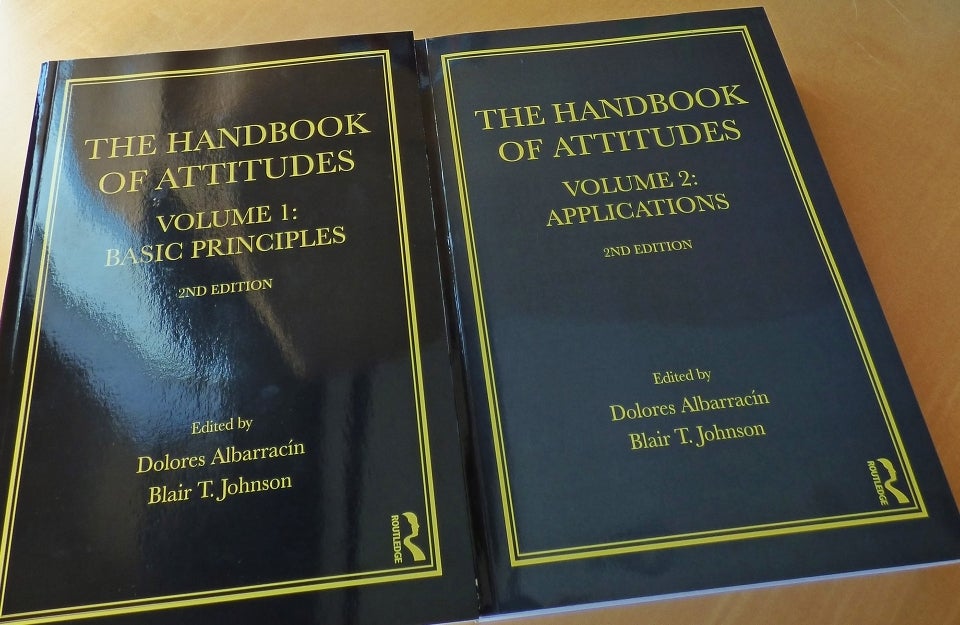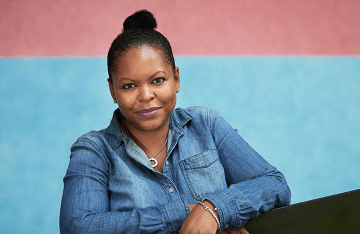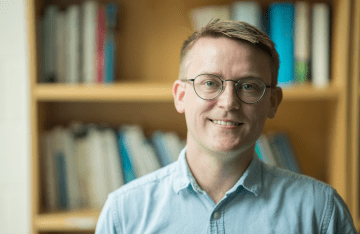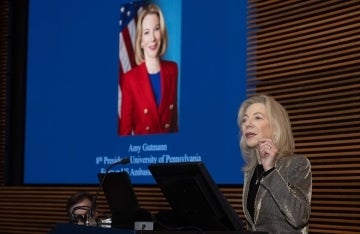Second Edition of Handbook of Attitudes is Published by Routledge
The two-volume work analyzes the role of attitudes in science communication, policy, education, and other fields.

A two-day conference of international scholars at the Annenberg Public Policy Center (APPC) in May 2017 laid the groundwork for the second edition of The Handbook of Attitudes, which has just been published by Routledge.
Co-edited by APPC distinguished research fellow Dolores Albarracín, of the University of Illinois at Urbana-Champaign (and previously at the Annenberg School for Communication), and Blair T. Johnson, of the University of Connecticut, the two-volume work analyzes the role of attitudes in science communication, policy, education, and other fields.
Attitudes, in the words of the handbook, are “evaluations of people, places, things, and ideas” which help us “to navigate a complex world,” “provide guidance for decisions about which products to buy, how to travel to work, or where to go on vacation,” and “color our perceptions of others.”
The first volume, “Basic Principles,” focuses on theoretical notions about attitudes, linked beliefs and behaviors, cultural and motivational determinants, and the degree to which people are unaware of the attitudes they have. The second volume covers the real-world applications of attitudes research to behavior prediction, measurement, and interventions in a range of fields such as health (cancer, HIV, diet, exercise, and substance abuse), politics, intergroup relations, advertising, education, and the environment.
Many of the chapters were originally presented at the APPC conference as works in progress.
Among the contributors to the handbook are former APPC postdoctoral fellow Asheley R. Landrum, an assistant professor of science communication at Texas Tech University, and Man-pui Sally Chan, a research assistant professor in Albarracín’s Social Action Lab at the University of Illinois. Contributors from the Annenberg School include professor Joseph N. Cappella, the late professor Martin Fishbein, and doctoral student Stefanie Gratale.



